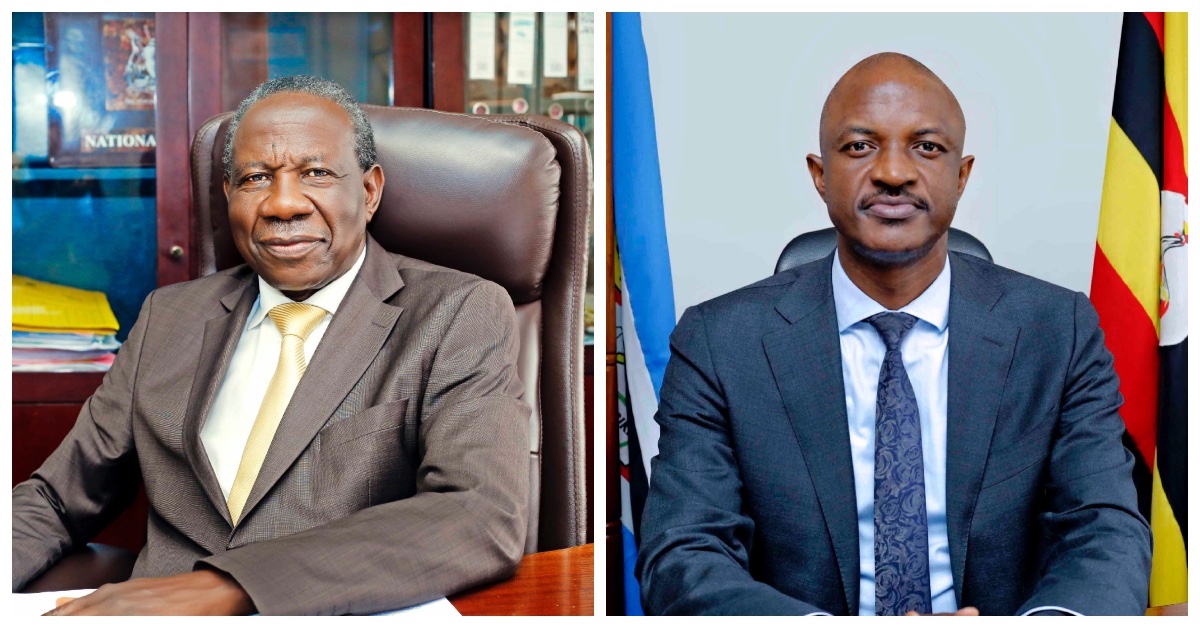The government of Uganda in Q4 of FY2022/23 borrowed €500 million (UGX2 trillion) from Stanbic Bank Uganda and its parent, Standard Bank South Africa, to plug holes in its budget,…
EXCLUSIVE: Gov’t of Uganda borrowed €500 million from Stanbic Bank to fix FY2022/23 budget holes


